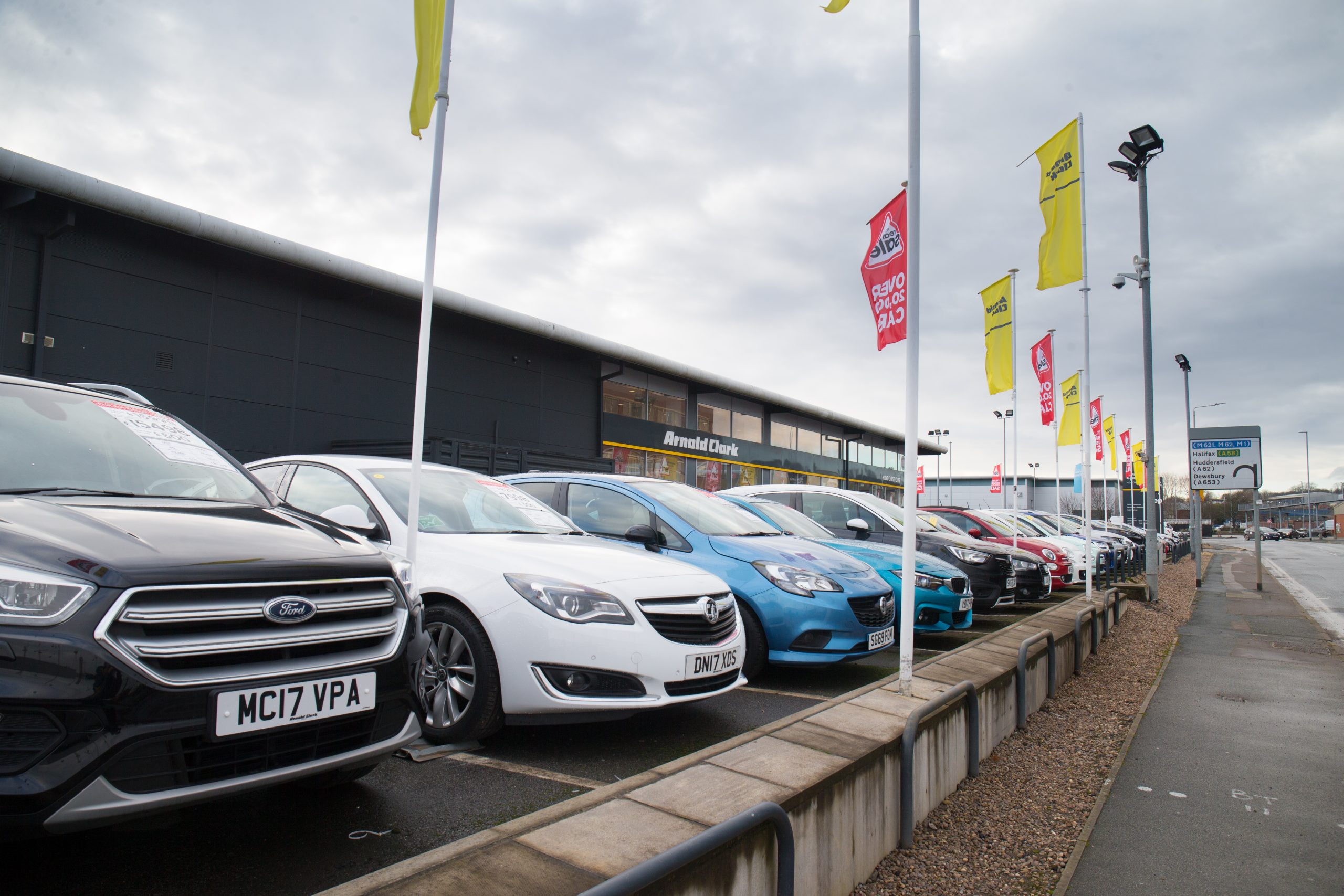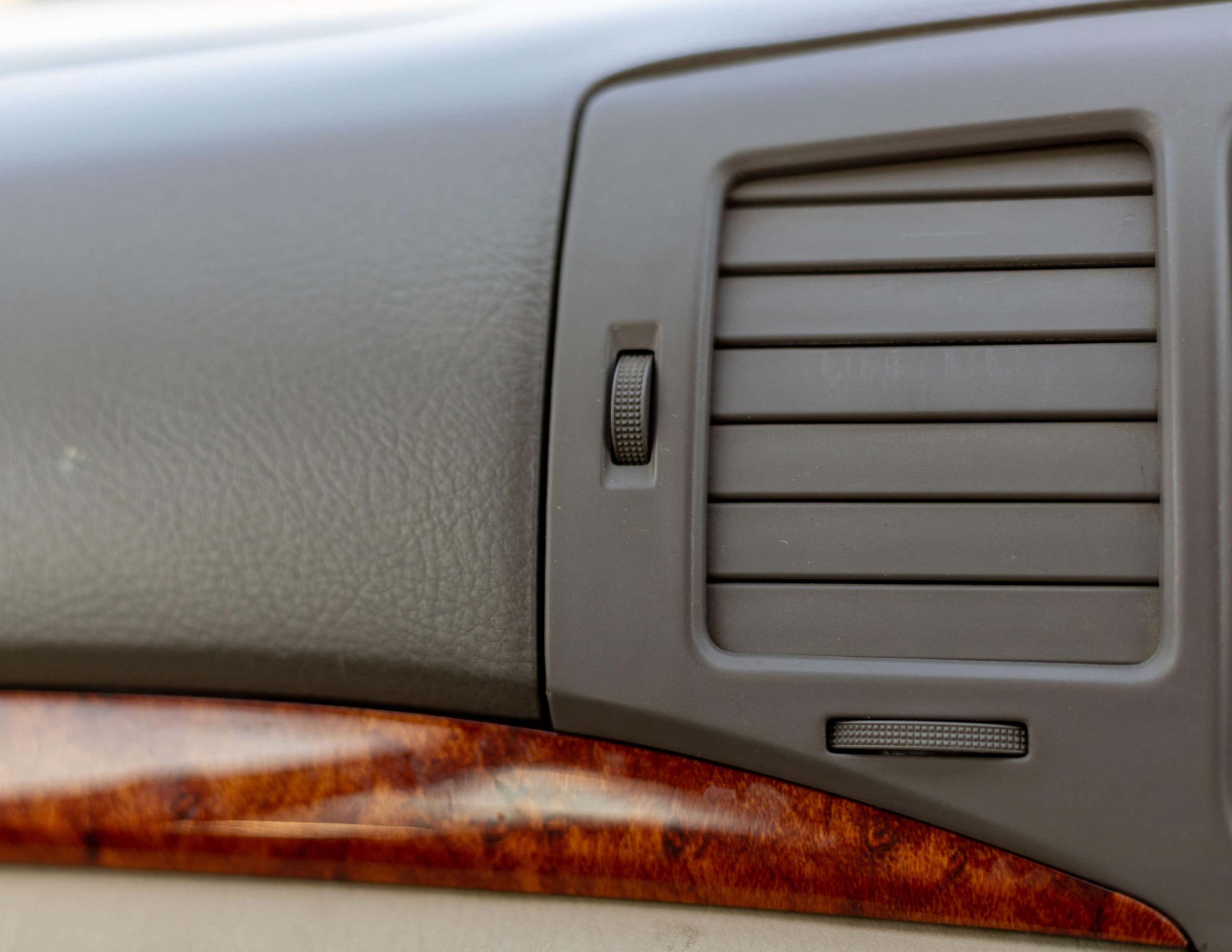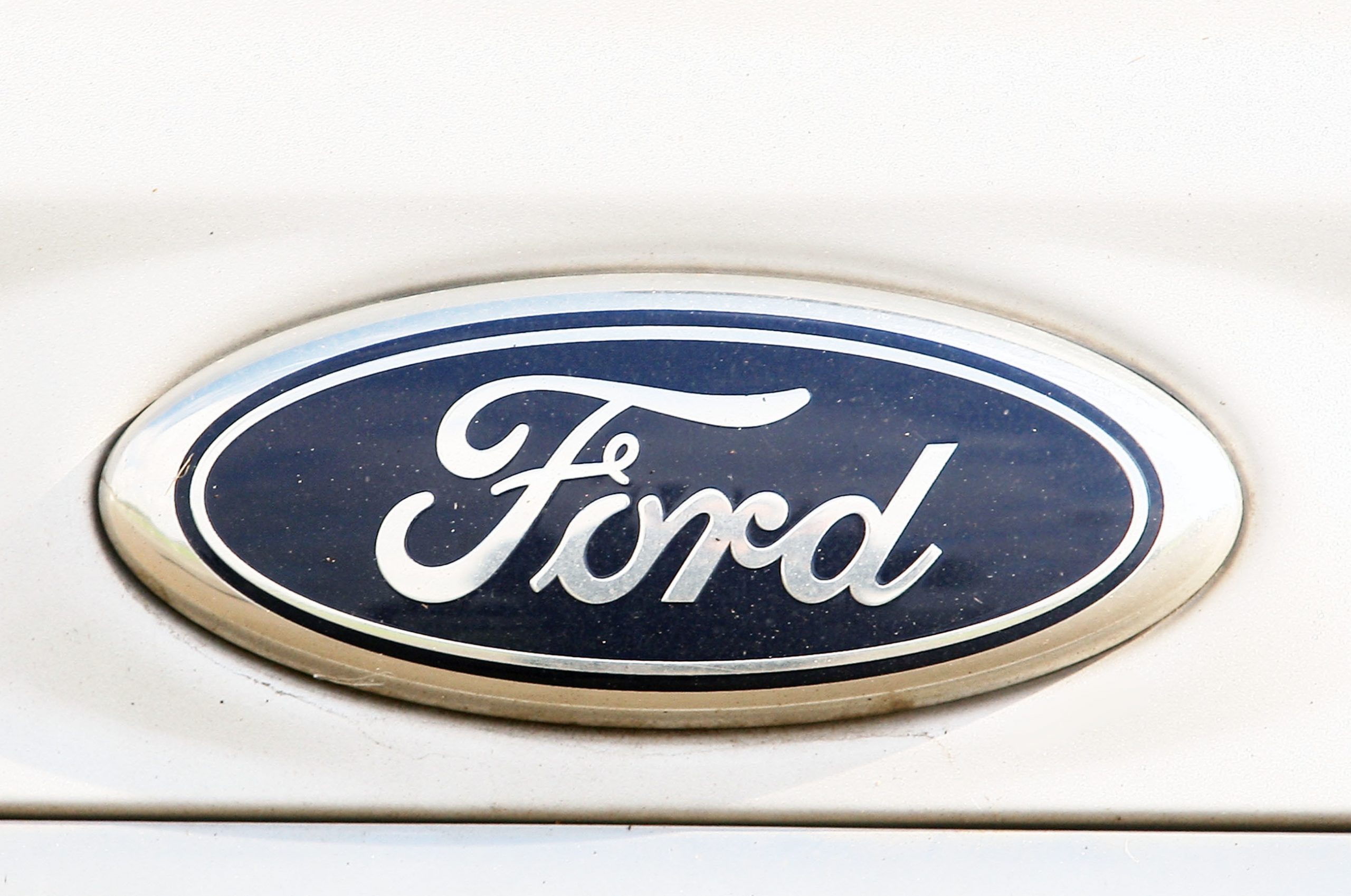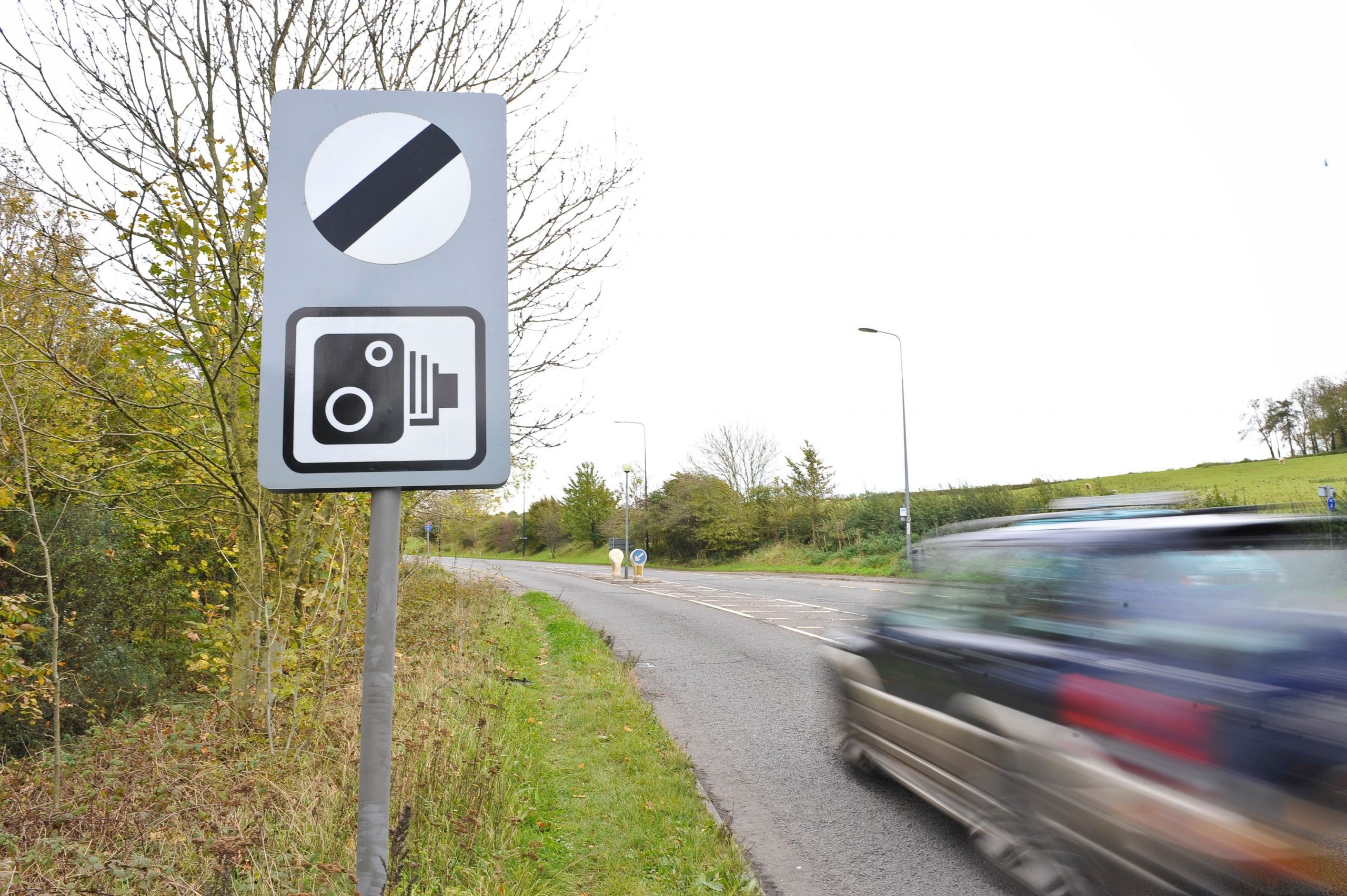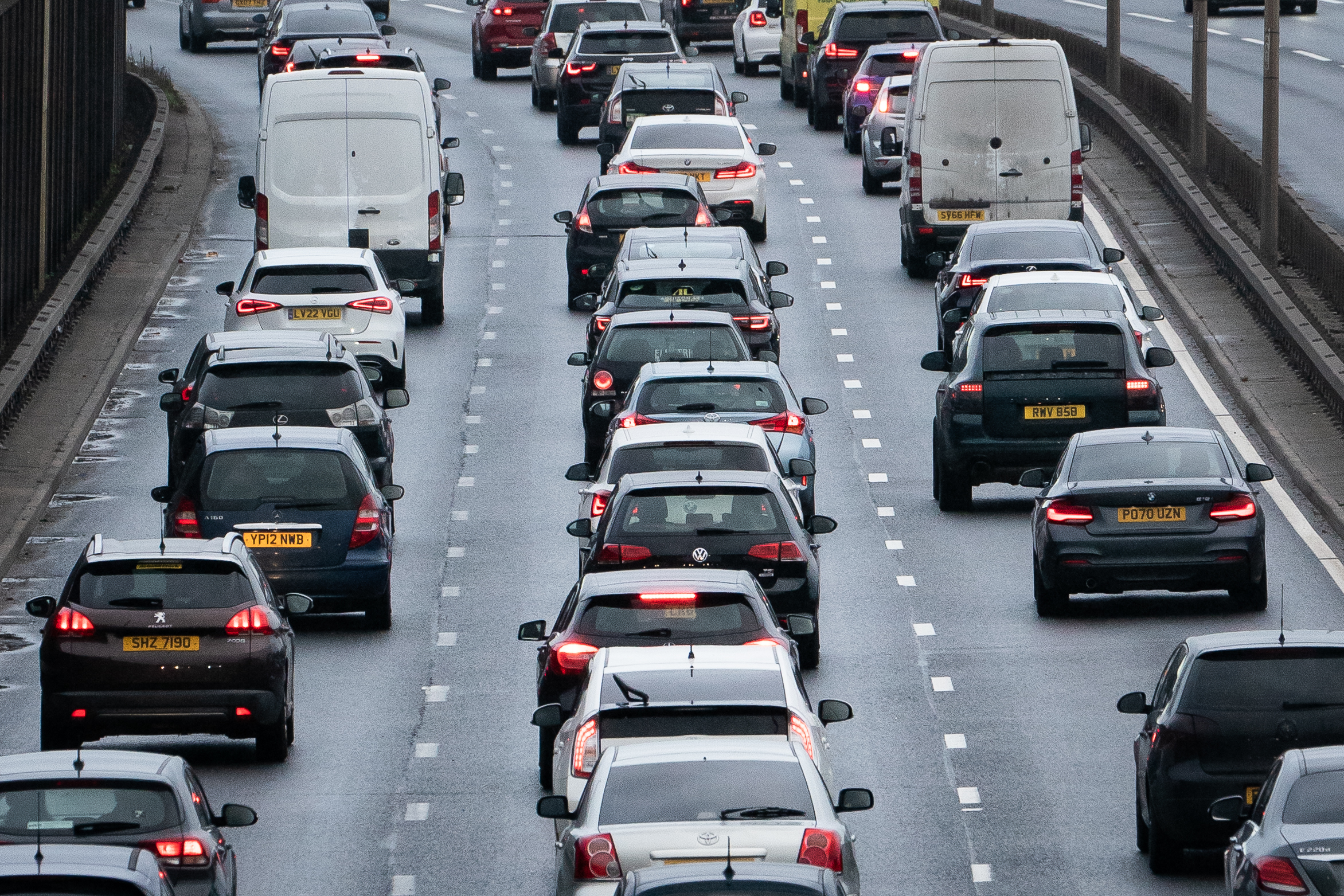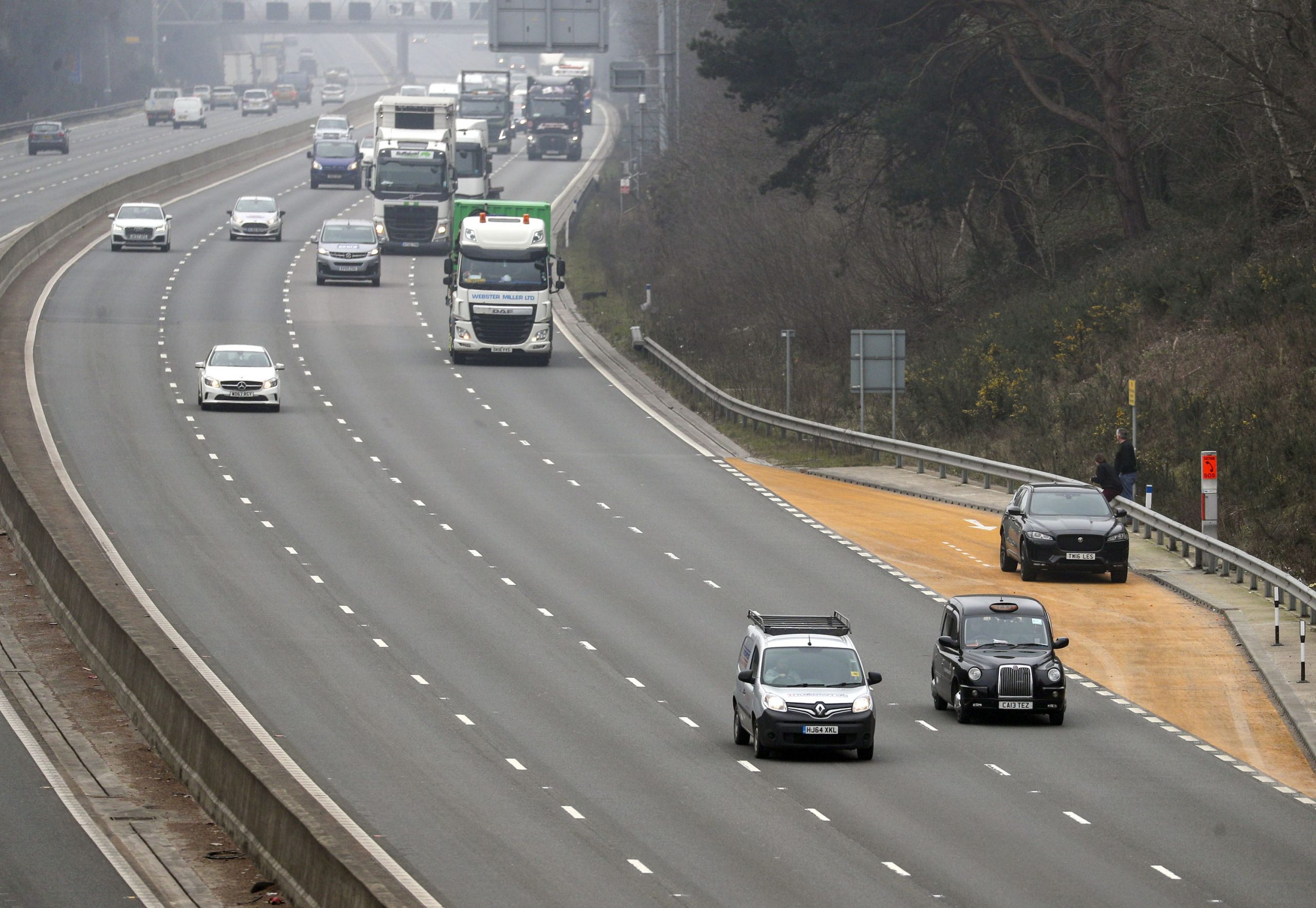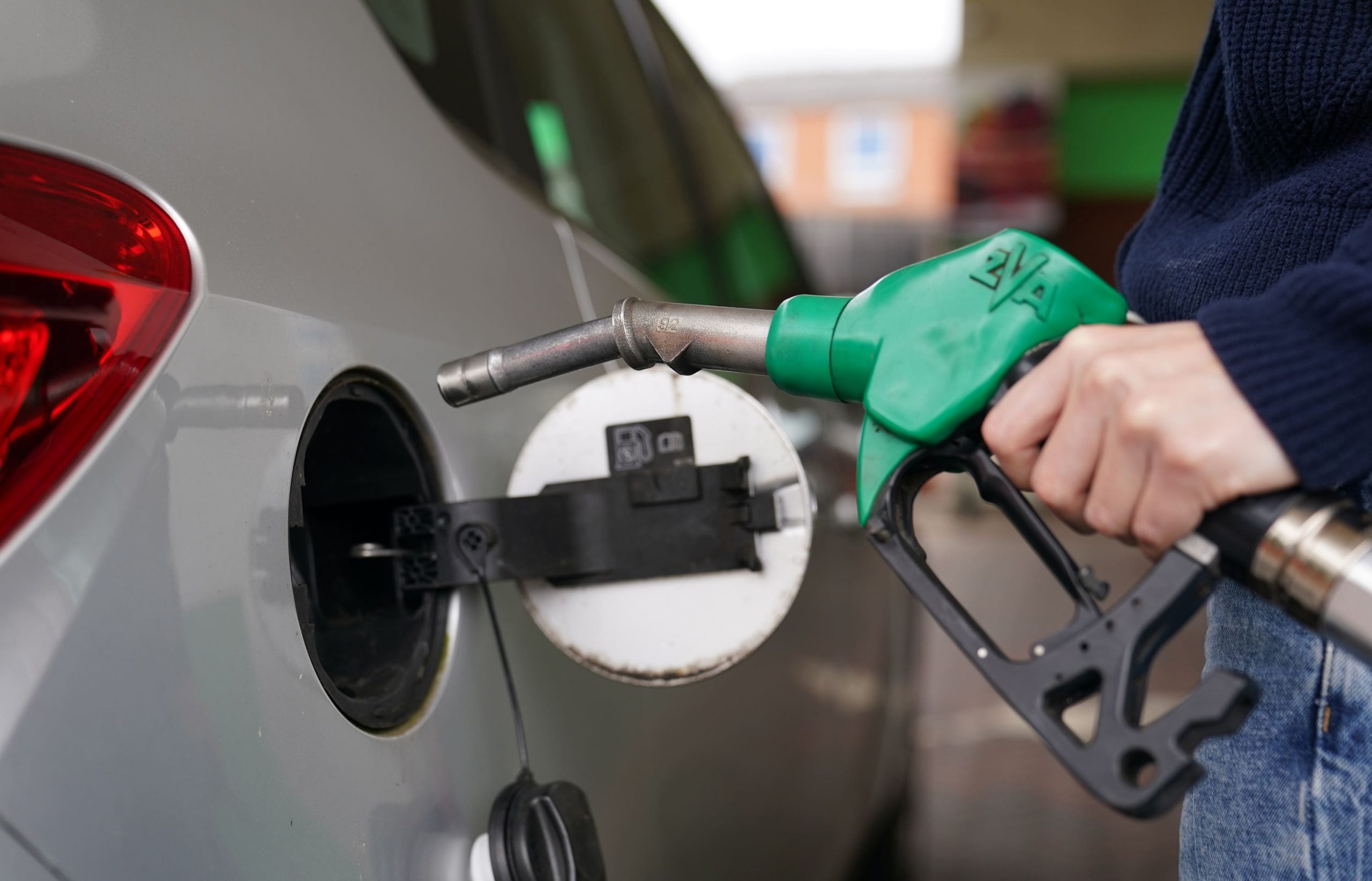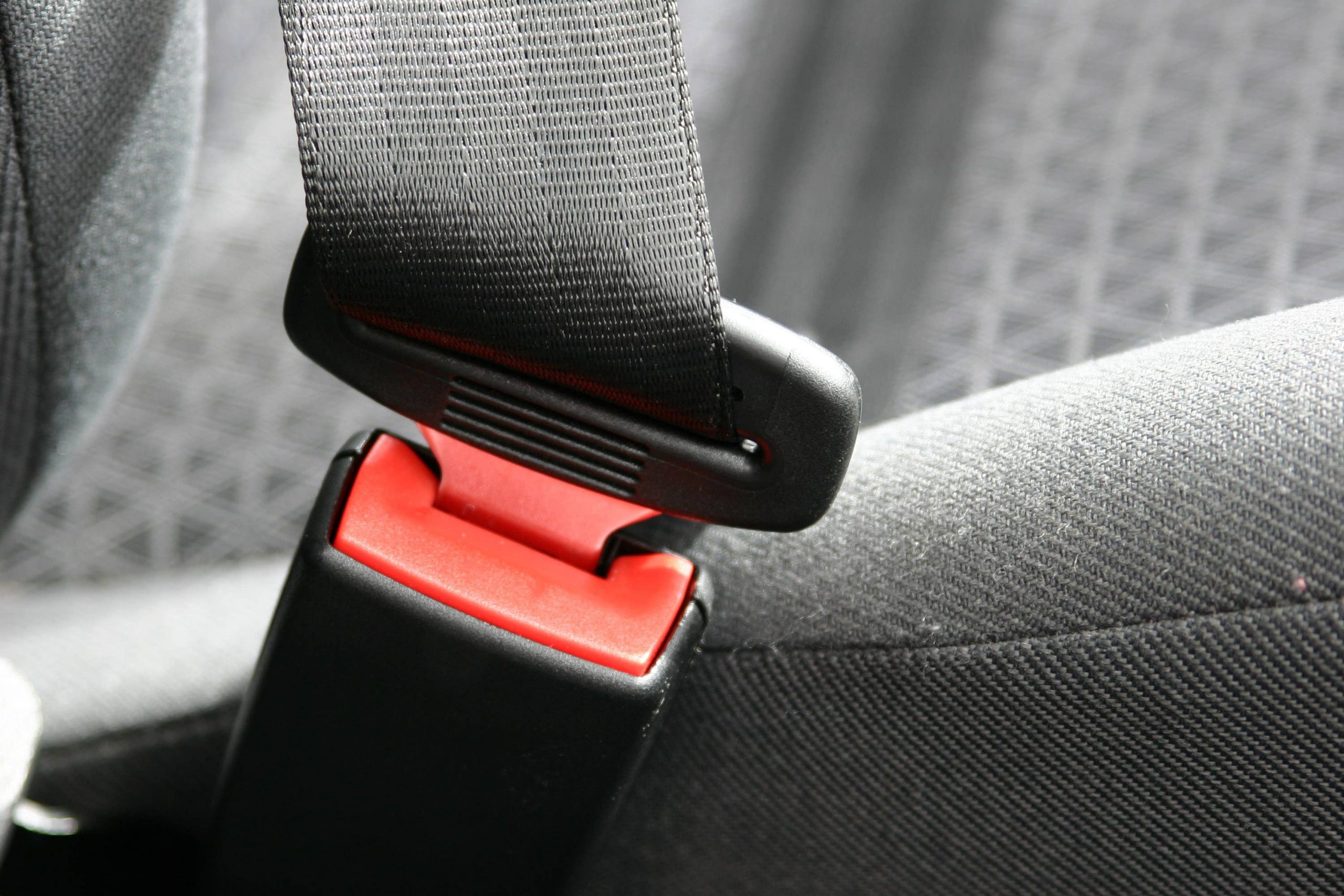Nearly a quarter of drivers believe punishments for not wearing a seat belt are too lenient, a new survey suggests.
Some 24% of 1,800 UK motorists polled for the RAC said the existing maximum penalty in Britain of a £500 fine is not strong enough.
More than two-thirds (69%) of those people think offenders should receive at least three points on their licence as well as a fine.
Drivers can lose their licence if they get 12 or more points within three years.
The results of the survey were released on Tuesday to mark the 40th anniversary of a law coming into force requiring drivers to wear seat belts.
The poll indicated that 68% of drivers believe the person behind the wheel of a vehicle should be responsible for ensuring all their passengers wear seat belts.
UK drivers are currently only required to ensure themselves and children under the age of 14 are buckled up, with older passengers responsible for being secured.
Four percent of respondents admitted having driven without a seat belt in the previous 12 months, with 22% of these saying they do not belt up on at least half of journeys.
Seat belts are a legal requirement for all vehicle occupants, with a few exemptions, such as a driver who is reversing; a vehicle being used for police, fire or rescue services; or a delivery driver travelling no more than 50 metres between stops.
Almost half (48%) of people questioned said compliance with the rules could improve if offenders were sent on dedicated courses similar to speed awareness classes, while 36% were in favour of either more police on the roads or the use of camera-based technology to detect whether seat belts are being worn.
RAC road safety spokesman Simon Williams said: “Today’s anniversary provides the ideal moment for the Government to show it’s serious about improving safety on our roads and put an action plan in place for getting more of us to buckle up in the first place.
“For most people, getting into a car and putting on a seat belt is second nature but it’s obvious more needs to be done to get those who haven’t developed this habit to change their ways.
“Our research shows drivers are clearly supportive of greater penalties, which we know the Government is considering.
“But, arguably, toughening the law isn’t enough: drivers need to think there’s a good chance of being caught in the first place.”
AA Charitable Trust director Edmund King said: “The humble seat belt is arguably one of the greatest road safety inventions, but they are pointless unless people wear them.
“A fine for not wearing a seat belt simply isn’t enough and we will continue to push for greater Government focus on what interventions can be usefully instigated to ensure improved compliance with this life-saving law.
“This could include penalty points for all legal-age car occupants caught not wearing a seatbelt.”
Department for Transport (DfT) figures show the proportion of car occupants killed in crashes on Britain’s roads who were not wearing a seat belt reached 30% in 2021, the most in records dating back to 2013.
In a written response to a parliamentary question published in October 2022, then-transport minister Katherine Fletcher described the figure as “unacceptably high” and said the DfT was “considering options to tackle this including the potential merits of introducing penalty points”.
Prime Minister Rishi Sunak was issued with a fixed penalty notice by Lancashire Police after he was spotted not wearing a seat belt in an Instagram video he filmed while travelling as a passenger in a moving car during a visit to the county on January 19.
Drivers caught not wearing a seat belt in Northern Ireland face a fine of up to £500 and three penalty points.
– The RAC commissioned research agency Online95 to carry out the survey earlier this month.


